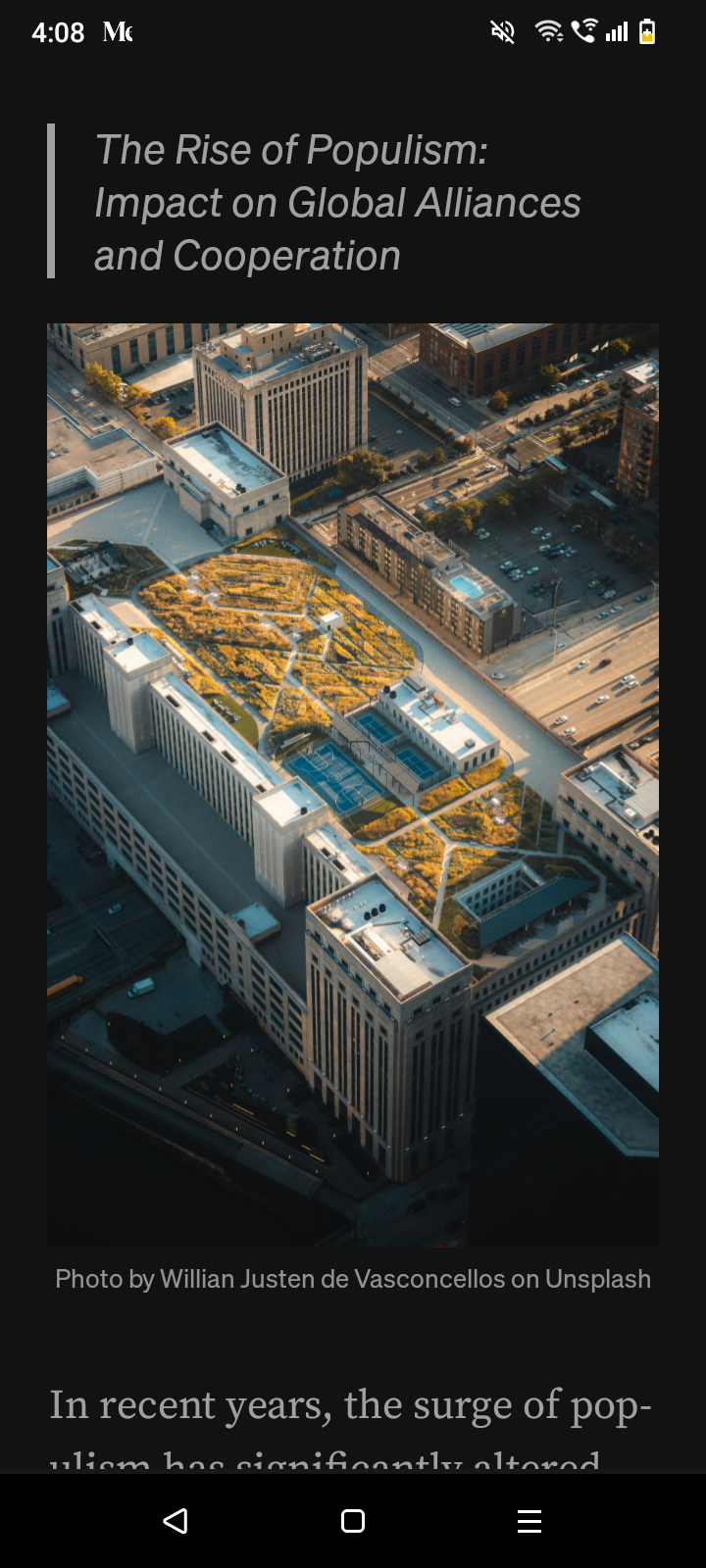In recent years, the surge of populism has significantly altered the political landscape worldwide, presenting formidable challenges to established international alliances. From Brexit to the electoral victories of populist leaders across various nations, there is a conspicuous wave of discontent with traditional political structures that is reshaping geopolitics.
Populist movements frequently prioritize national interests over international collaboration, resulting in a more fragmented global environment. This shift threatens to undermine the multilateral institutions that have been designed to promote peace, stability, and collective action. The implications of this trend are profound, as countries may increasingly retreat into isolationism, creating a geopolitical vacuum that could lead to heightened tensions and conflicts.
A closer examination of the influence of populism on alliances, such as NATO and the European Union, reveals a troubling pattern: member states may prioritize domestic issues over collective security commitments. As the world navigates this tumultuous political terrain, it is essential to understand the consequences of rising populism on international relations to foster greater cooperation and stability.
 Top Trends Blogs Trending Blogs – Latest News
Top Trends Blogs Trending Blogs – Latest News


